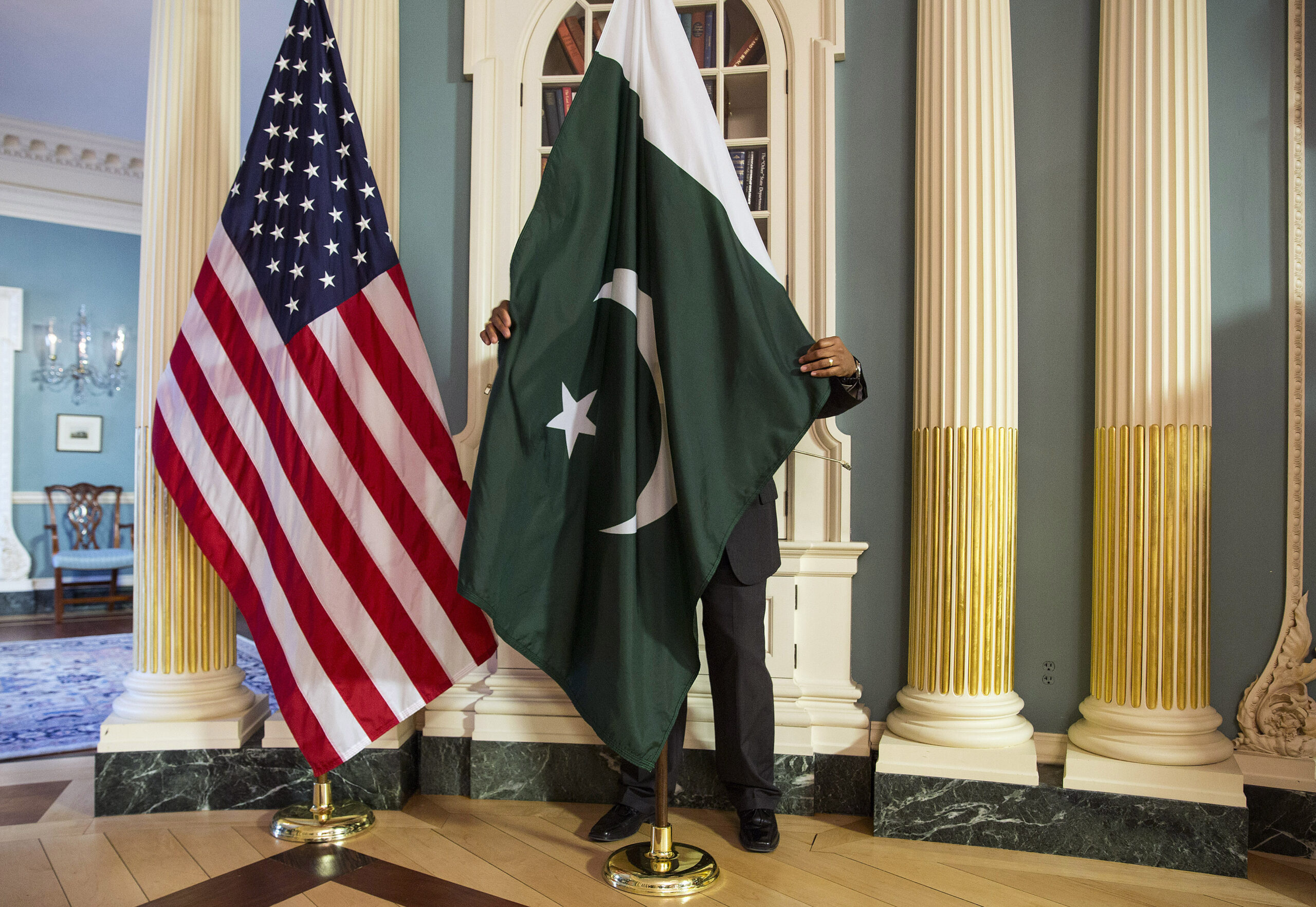
Islamabad viewed the Biden administration’s arrival with trepidation mixed with hope. Under the Trump administration, Pakistan’s policy was stop making headlines for the wrong reasons while pursuing its interests. It largely succeeded in this regard.
Under Biden, Pakistan’s engagement with the U.S. is likely to intensify, but the potential of this relationship will be determined by Biden administration’s priorities. Afghanistan, India, and China are Biden’s top foreign policy priorities. Will Pakistan be able to navigate this terrain or not? This is a question Johann Chacko asked in a recent oped in The National News.
According to Chacko “Washington will pressure Pakistan’s military to restrain the Taliban and push it towards serious negotiations with the government in Kabul. Pakistan will have to weigh whether it fears displeasing the militants or the Americans more. In the past, it has preferred to split the difference, only to find itself pummelled from both sides. On the other hand, Islamabad can also link its willingness to be helpful to US success in restraining an increasingly assertive use of rhetoric and force from India. Military action by the Modi government has steadily ratcheted up the pressure on Pakistan in recent years, even when the tactical results of “surgical strikes” have been limited.”
Further, “China has been described by those close to Mr Biden’s team as America’s most important geopolitical challenge. While it is clear that they will not use Mr Trump’s superheated, anti-China rhetoric, or attempt to scapegoat Beijing for American failures, it is also clear that the administration is prepared for a tough detente that combines competition with co-operation. They have already signalled that the US will continue to invest heavily in its allies and partners in Asia, including India, to restrain China. And certainly, it will occur to Washington that putting a lid on the India-Pakistan conflict will also free up India’s heavily stretched military to that end. Pakistan’s close military relationship with China potentially puts it in an awkward position.”
Chacko argues that while “arms sales will not return to the levels seen in the Bush years” however “close military-to-military contacts, including training and joint exercises, would be something that interest both governments. Support for political, social and economic development in Pakistan, including climate resilience and public health, is likely to continue and even grow.”
![]()





